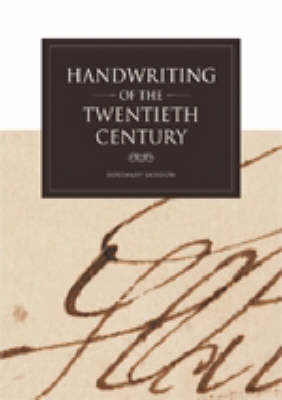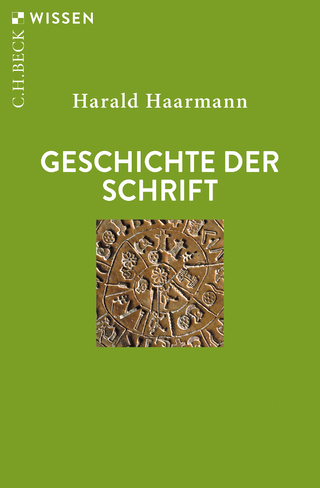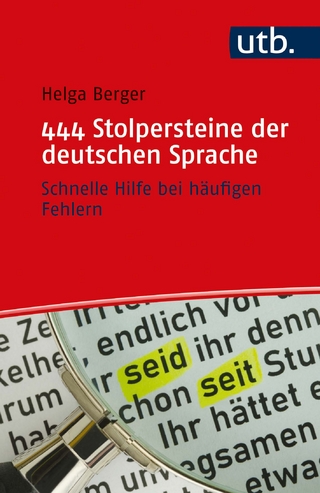
Handwriting of the Twentieth Century
Intellect Books (Verlag)
978-1-84150-178-9 (ISBN)
- Titel z.Zt. nicht lieferbar
- Versandkostenfrei innerhalb Deutschlands
- Auch auf Rechnung
- Verfügbarkeit in der Filiale vor Ort prüfen
- Artikel merken
The history of formal calligraphy has been thoroughly documented, and the demise of what people see as beautiful handwriting is frequently deplored, but the details of the teaching of this skill during this century have gone almost unrecorded. Everyday handwriting is ephemeral and school books soon disappear. The main purpose of this book is to create a historical record, however, techniques are illustrated that may be useful for teachers today, while the ever-changing views of the stylists provide examples, as well as a warning, to those who plan for the future. An individual sample of handwriting reflects the writer's training, character and environment. Collectively, the handwriting of a population of any period is a reflection of educational thinking, but overall it is influenced and ultimately moulded by economic need, social habits and contemporary taste. Within the short space of the period covered by this present study, the changing educational policies, economic forces and inevitable technological advance radically altered the priorities and form of handwriting. These changes show in the models and examples throughout this book as an inexorable (though not entirely smooth) journey towards speed and efficiency. The downgrading of skill training and the freeing of children’s creative talent have done the rest. You might say that at the end of the century we have the handwriting we deserve. That statement can be read several ways. It would be a pity to think that our students do not deserve to be taught strategies that enable them to write fast without pain. It might, however, mean that we are edging towards the flexible, efficient, personal handwriting needed to deal with the rapidly changing situation that is likely to face us in the next century.
Rosemary Sassoon holds a Ph.D. in typography and graphic communication from the University of Reading, United Kingdom. She works as an independent consultant.
Chapter 1: 'The Influences on Contemporary Handwriting: A Historical Perspective' - Page 10 - Rosemary Sassoon Chapter 2: 'The Turn of the Century' - Page 26 - Rosemary Sassoon Chapter 3: 'Learning from Copy Books' - Page 36 - Rosemary Sassoon Chapter 4: 'Simplifying Letterforms' - Page 56 - Rosemary Sassoon Chapter 5: 'Initiatives and Models from 1930' - Page 70 - Rosemary Sassoon Chapter 6: 'Educational Attitudes Mid-Century' - Page 92 - Rosemary Sassoon Chapter 7: 'Stylistic Issues after 1950' - Page 106 - Rosemary Sassoon Chapter 8: 'Initiatives in the 1960s' - Page 122 - Rosemary Sassoon Chapter 9: 'From 1970 to the National Curriculum' - Page 134 - Rosemary Sassoon Chapter 10: 'The End of the Century' - Pgae 146 - Rosemary Sassoon Chapter 11: 'Handwriting around Europe' - Page 160 - Rosemary Sassoon Chapter 12: 'America and Australia' - Page 182 - Rosemary Sassoon Epilogue - Page 200 - Rosemary Sassoon
| Erscheint lt. Verlag | 9.1.2009 |
|---|---|
| Sprache | englisch |
| Maße | 172 x 229 mm |
| Gewicht | 340 g |
| Themenwelt | Geschichte ► Hilfswissenschaften ► Paläografie |
| Geisteswissenschaften ► Sprach- / Literaturwissenschaft ► Sprachwissenschaft | |
| ISBN-10 | 1-84150-178-6 / 1841501786 |
| ISBN-13 | 978-1-84150-178-9 / 9781841501789 |
| Zustand | Neuware |
| Haben Sie eine Frage zum Produkt? |
aus dem Bereich


